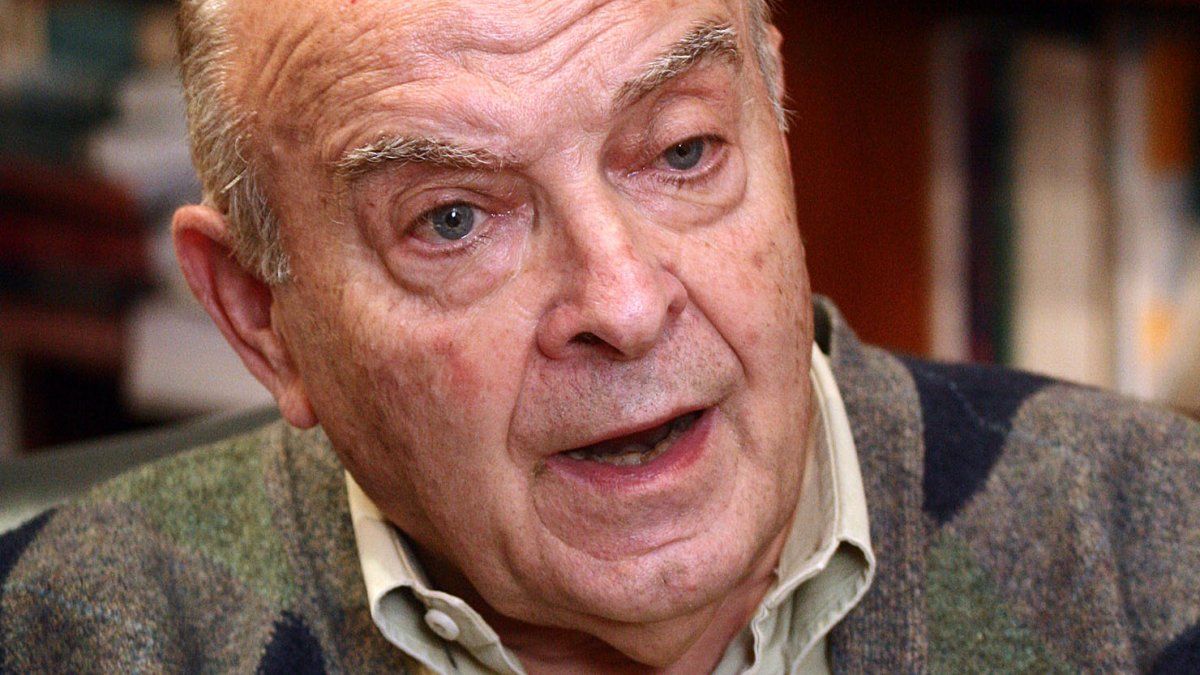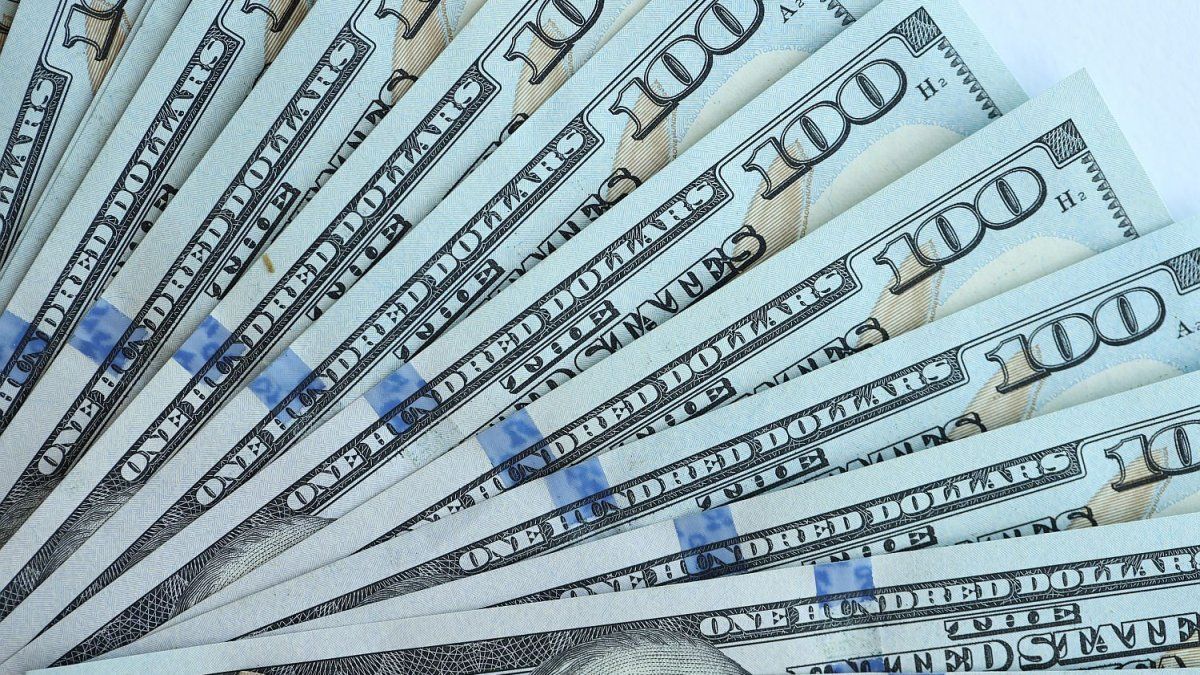THEY CAME TO IMPOVERISH
“Poverty is a consequence of inequality”. This simple illustration of Charles Tilly is important, when after 2001, with Macri, the issues of poverty and inequality crossed again. Alain Touraine talks about the insufficiency of representative democracies, weakened in societies, he believes that they have moved away from the governmental sphere with great social impact: “We wanted democracy to be representative and it was good that it was so; however, it is currently necessary to identify the interests that are representable and ensure that the leaders are effectively representative, rather than of particular interests or their own interest”.
It must be said that in this field our democracy had regressed resoundingly during the period of government of Mauricio Macri. In only three years the country had become a society dominated by financial interests, governed by neoliberal policies. More and more sectors of the population were unprotected and marginalized.
we didn’t learn the lesson. If the extreme austerity of 2001 in Argentina was not the answer to fiscal problems, the recovery of the economy since 2001 did not occur as a consequence of those policies either, but precisely because they were interrupted.
Things were different since 2003. Not only did all the indicators of the economy improve, but theor completely the debt with the IMF, was restructured mtos 93% of public debt in the hands of private holders and, throughout the Kirchnerista period-on average-Argentina’s country risk was lower than with the Macri administration, even though it remained in default-considered thus, due to the outstanding debt with the holdouts.
The narrative of extravagant public spending that suffocated the private activity of Martínez de Hoz, was internalized -during the 1990s- as a certainty among citizens and weakened economic development policies. It is that, at that time, the same technocrats who were in charge or in the rostrum of President Macri’s partners, inserted a fiction in the political sphere that was decisive in conditioning their strategic positions, through conscience manufacturing consensus.
In 2001 they went as far as manipulating Congress to delegate extraordinary powers to an economy minister (Domingo F. Cavallo). Now they went further, they did it with part of the Judiciary, coupling the IMF, collaborating with a simple administrative assistant, euphemistically called the Minister of Finance.
This ability of technocrats to establish fears, pretending to legitimize a brutal adjustment, in such a way that it appears indisputable, and the need to establish excessive austerity in social spending, were decisive instruments in the architecture of the stories that articulated the ideological and cultural hegemony. . The weight acquired by the IMF in Argentina always distorts and misrepresents the political and economic facts, and intensifies the crisis in Argentina. It seemed logical to think that, above fantasy, reality should have broken through, before receiving new loans for more than 105,000 million dollars, but that did not happen, until the currency and financial crisis caused panic.
Once again we were facing an economic crisis with the sudden worsening of the recession, which was to manifest itself more mercilessly. Remember that capital flight never endedthe country-risk did not subside -even after the devaluations and transfer of control to the IMF-, the social crisis was growing, unemployment and poverty increased, a correlative growth of social protest could be expected and a potential political crisis loomed. .
As in that “Mega-swap 2001” that was carried out at a rate of 15% in dollars, the promoters of the negotiation were the renowned IMF technicians (Lagarde mentioned it), who appreciate the Argentine courtesy of periodically offering itself as a testing laboratory. In the same way, it was IMF assigning to Macri the guidelines that he opportunely stuffed into horsein that plan called “Zero Deficit Rule”which committed the country to a policy of mystical austerity. In 2019the slogan was zero primary deficitto generate resources to ensure the payment of interest on the external debt.
“Moral Hazard” (moral risk)
This time, yes, they could pay the North American plumbers, as expressed by the ex-secretary of the Treasury of George Busch (h), Paul O’Neill. The consequences of the private sector “paying badly” to Macri could be saved (bail out) by endorsing part of the debts to the IMF. The only sure thing was that the IMF could not collect from the same day it made the first disbursement.
The IMF also returned, to have a client pay interest, and finance the salaries and golf clubs of your bureaucracy, in addition to assuring private banks, the rescue of their audacious exposure (moral hazard). The private ones assumed extravagant risks, knowing that the possible negative consequences would not be assumed by them, but by the IMF, to whom obviously they had more than $50 billion left over and they had no one to lend it to.
We say “obviously” because it is impossible for any public or private bank to double the lending capacity of the entity in a few days, let alone assign it to a single client. In the Argentine financial system, the IMF seen as a bank, could never have done what it did. The BCRA regulations would have prevented it.
history repeats itself
To recap, in January 2018, the State ran out of financing from the voluntary markets as in October 2000 and then resorted to the IMF -with different results-, so in 2001 it was destroying a growing proportion of retirement funds, later looting the coffers of the Bank of the Argentine Nation.
The transfer of political power to international finance has had a decisive impact on the future of the Argentine social crises. Since Macri came to power, he has been hanging over the Argentine people, and it came to an end in April 2018. The reasons for the social crises are fundamentally due to the fact of following the recommendations established by the IMF. We could add an epiphenomenon where the idea that Argentine officials do not do enough to preserve the interests of the people is supported, rather their decisions have coincided with the damage caused by the impositions of the ideological and political biosphere of these pillars of the neoliberal environment..
The displacement of power towards finance-managed by representatives of corporations, foreign banks and the IMF, the different ways and methodologies of violating the popular mandate by putting pressure on the country, at the risk of falling into social conflicts, has become a consequence of applying this type of of economic policies.
MACRI chained the next administration
Voting or not for the restructuring in Congress in 2022 was irrelevant, the damage had already been done and it had been in force for four years. In 2018, the opposition did not do enough in Congress, when it was relevant, intransigence was not even led with popular mobilization.
After the IMF disburses, the country is a debtor, and the representatives of the 188 countries that make it up will never help. Support for an uprising could never be obtained with emancipatory speeches, contrary to what is established at the level of supra powers that exceed the IMF. It can be discussed in international forums, but so far there is not a single case of success to repudiate the payment and get out unscathed. Not the IMF, it is the power under which the IMF lies.
Being a country that does not abide by the IMF recommendations has a series of implications that affect all spheres of rights guarantees, once the act has been consummated.. In principle, the fact of being deprived of international credit, from which no politically established country can completely abstain. At a minimum, credits are needed for infrastructure from the World Bank, the Inter-American Development Bank (IDB), the Andean Development Corporation (CAF), etc.
True courage does not consist in imagining an alternative, but in accepting the fact that there is no clear alternative. The dream of an alternative (to repudiate the debt) is nothing more than a fetish that prevents us from properly analyzing the impasse in which we find ourselves. True courage therefore consists in admitting that the light at the end of the tunnel is probably the headlight of another train approaching from the opposite direction (iek).
Executive Director of Fundación Esperanza. Graduate Professor UBA and Masters in private universities. Master in International Economic Policy, Doctor in Political Science, author of 6 books. @PabloTigani
Source: Ambito
David William is a talented author who has made a name for himself in the world of writing. He is a professional author who writes on a wide range of topics, from general interest to opinion news. David is currently working as a writer at 24 hours worlds where he brings his unique perspective and in-depth research to his articles, making them both informative and engaging.




